Some type of bee/hornet after the butterflies
6 years ago
Featured Answer
Sort by:Oldest
Comments (21)
- 6 years ago
- 6 years ago
Related Professionals
Roosevelt Landscape Architects & Landscape Designers · Paradise Landscape Architects & Landscape Designers · Wilmington Landscape Contractors · College Park Landscape Contractors · Hilton Head Island Landscape Contractors · View Park-Windsor Hills Landscape Contractors · Sun Valley Landscape Contractors · Aventura Fence Contractors · Glenpool Fence Contractors · Rutherford Fence Contractors · Verona Fence Contractors · Windsor Fence Contractors · Artesia Window Contractors · Bellwood Window Contractors · Gibsonton Window Contractors- 6 years ago
- 6 years ago
- 6 years ago
- 6 years ago
- 6 years ago
- 6 years ago
- 6 years ago
- 6 years ago
- 6 years agolast modified: 6 years ago
- 6 years ago
- 3 years ago
- 3 years ago
- 2 years ago
- 2 years ago
- 2 years ago
- 2 years ago
- 2 years ago
Related Stories

GARDENING GUIDESBlooming Container Gardens That Welcome Butterflies and Bees
Attract pollinators with one of these colorful nectar- and pollen-rich container combinations
Full Story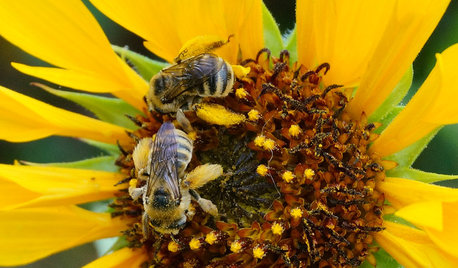
EARTH DAY12 Entertaining ‘Bee-haviors’ of Native Bees
The parade of pollinator antics is another reason to create a garden that nurtures native bees
Full Story
GARDENING FOR BUTTERFLIESGardening for the Bees, and Why It’s a Good Thing
When you discover how hard bees work for our food supply, you may never garden without them in mind again
Full Story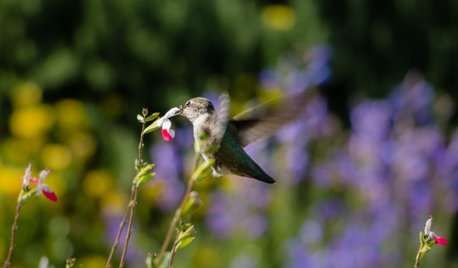
GARDENING GUIDESAttract Hummingbirds and Bees With These Beautiful Summer Flowers
Roll out a welcome mat for pollinators to keep your landscape in balance and thriving
Full Story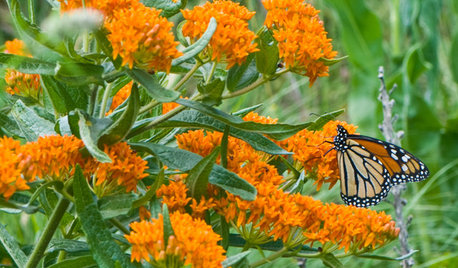
GARDENING GUIDESGreat Design Plant: Butterfly Milkweed, a Beacon in the Prairie
Vivacious orange flowers for you, nectar for the butterflies and bees. Asclepias tuberosa is worth planting for more reasons than one
Full Story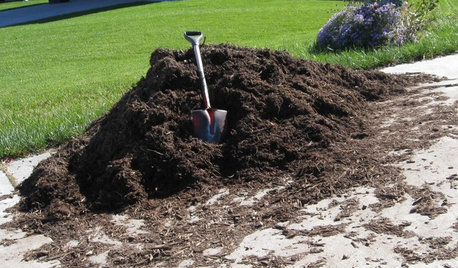
FRONT YARD IDEASBefore and After: Front Lawn to Prairie Garden
How they did it: Homeowners create a plan, stick to it and keep the neighbors (and wildlife) in mind
Full Story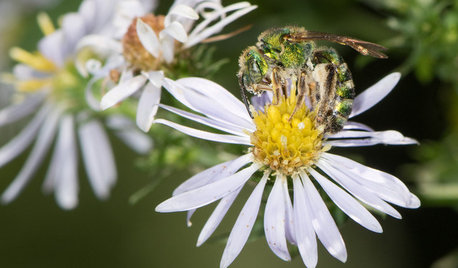
GARDENING GUIDESLook for Metallic Green Sweat Bees Visiting Your Garden This Fall
These beautiful sweat bees will dazzle and delight you with their bright emerald green color and midsummer and fall flower visiting
Full Story
EARTH DAYHow to Design a Garden for Native Bees
Create a garden that not only looks beautiful but also nurtures native bees — and helps other wildlife in the process
Full Story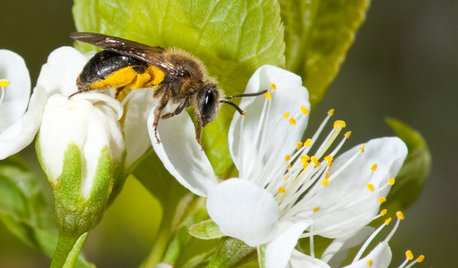
GARDENING GUIDESInvite Mining Bees to Your Garden by Planting Their Favorite Plants
Look for mining bees (Andrena) pollinating woodland wildflowers in U.S. gardens this spring
Full Story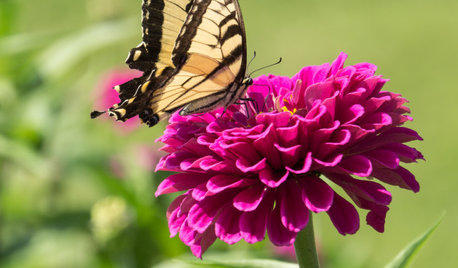
GARDENING GUIDES20 Favorite Flowers for Butterflies and Bouquets
Discover perennials and annuals that do double duty as butterfly magnets and versatile cut flowers
Full Story





Michel de Messieres